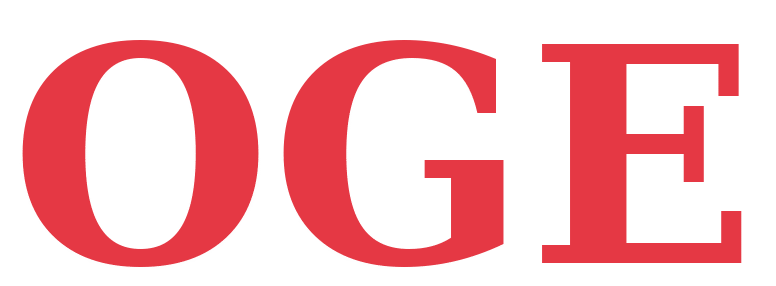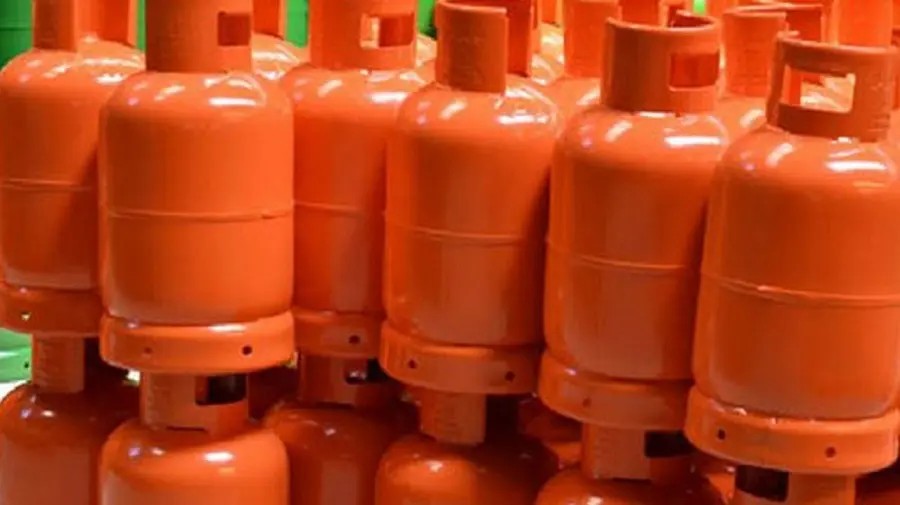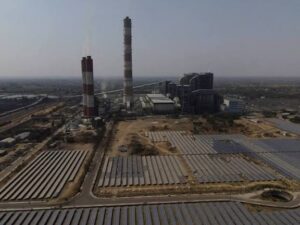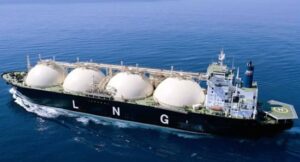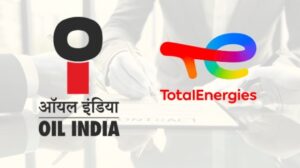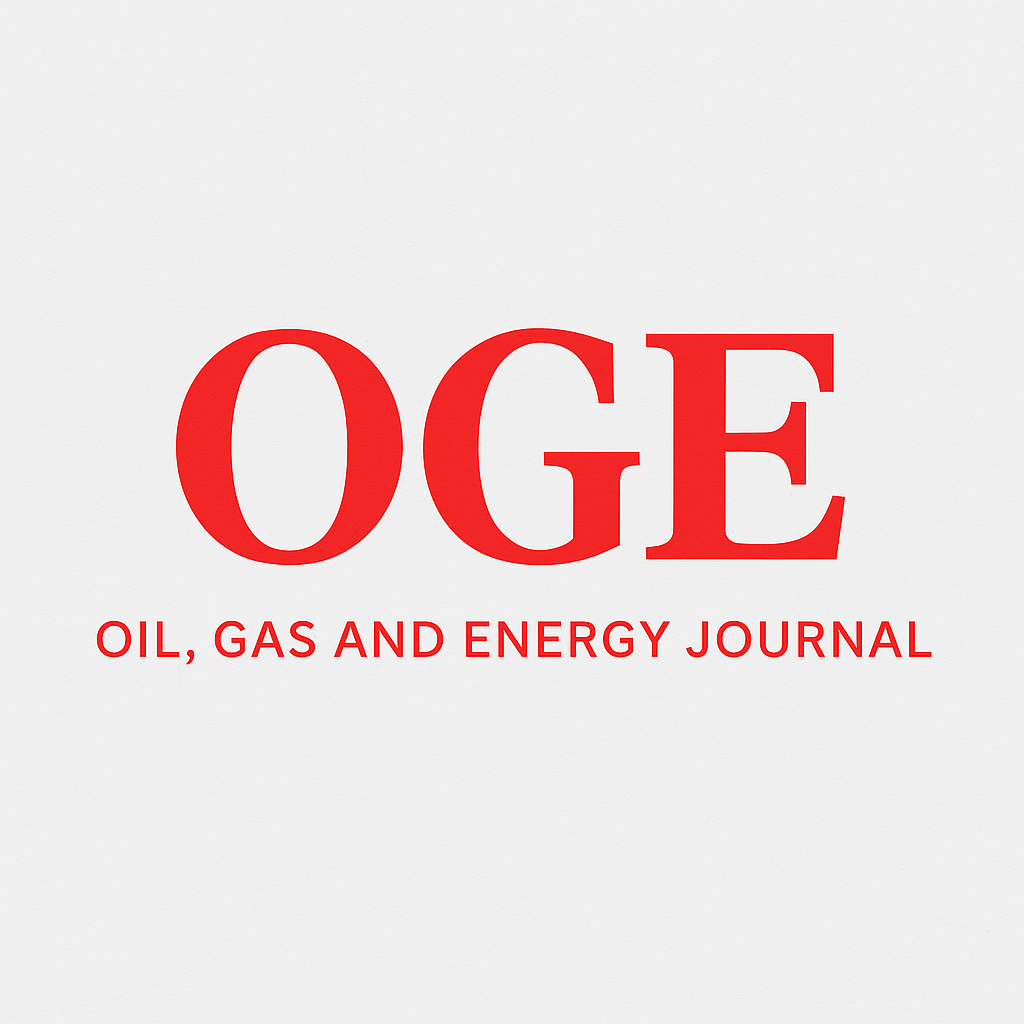The Nigerian Association of Liquefied Petroleum Gas Marketers (NALPGAM) has elected Edu Inyang as its new National President, pledging to enhance the distribution and affordability of cooking gas across the country.
Inyang emerged victorious after a tightly contested election held during the association’s 38th Annual General Meeting in Abuja, succeeding Oladapo Olatunbosun, whose four-year term has ended.
In his first address as president, Inyang expressed gratitude to members for their trust, promising to lead a transparent and inclusive administration focused on uniting members and strengthening collaboration with industry regulators.
“This victory is not just mine but a collective step forward for our association,” he said. “We will work to make LPG easily available and affordable, especially for people in rural areas, while aligning with the Federal Government’s Decade of Gas initiative.”
He also praised other candidates for their participation, noting that the election reflected the maturity and unity of NALPGAM.
Under his leadership, Inyang said the association would prioritize rural LPG expansion, policy advocacy, and stronger industry partnerships to deepen domestic gas consumption. He also emphasized fairness, transparency, and member welfare as key principles guiding his tenure.
Other newly elected officers include Ude Godwin as Deputy President, Prince Odo Gbolahan as Financial Secretary, Damilola Osinusi as Publicity Secretary, and Chiedu Loving Son as Treasurer.
Established in 1987, NALPGAM represents LPG marketers nationwide and plays a key role in promoting safety, investment, and access to clean energy.
The new leadership takes office at a challenging time for the sector, as cooking gas prices continue to rise amid supply constraints. Currently, the cost of LPG averages between N1,200 and N1,500 per kilogram, up from around N900/kg in recent weeks.
Marketers have raised concerns that the Dangote Refinery remains the main supplier of LPG to the local market, warning that any disruption to its operations could trigger fresh nationwide shortages.
With Inyang at the helm, stakeholders hope the association will help stabilise supply and ensure that Nigeria’s clean energy transition stays on course.
